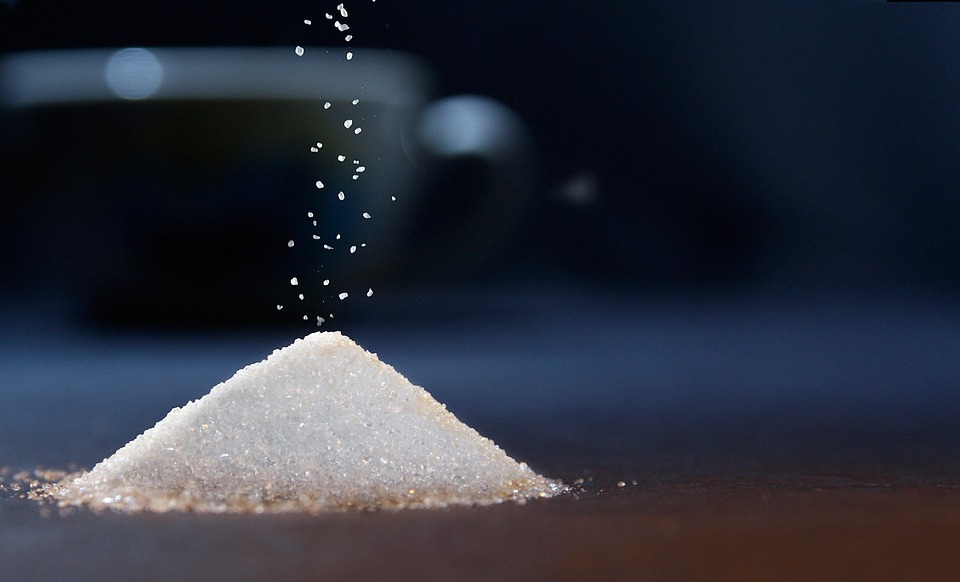What Are the Effects of Sugar on Your Body and Your Health?
What Are the Effects of Sugar on Your Body and Your Health?
March 24, 2017 at 1:24 PM

When you work with a dietician, you’ll likely be told to avoid sugar, as it can contribute to weight gain. But, going beyond simply reducing your caloric intake, your diet and weight loss efforts can be thrown off in the following ways by sugar:
1. Fructose Can Cause Insulin Resistance
In most bodies, insulin hormones regulate your metabolism and how your muscles use energy. In general, insulin signals to your body’s cells that they should be receptive to glucose, so it can get to the cells that need it the most.
But, when you eat a high-carb meal, particularly the refined variety, your body’s glucose levels increase. High levels of glucose, however, can be toxic, and as a result, your insulin suddenly increases in order to move it from the blood to the cells. This is what creates the “spike” after eating a high-carb meal.
When your blood frequently has high levels of insulin, you build up a resistance, which later can develop into Type II diabetes. At the same time, the energy present in your blood stream then gets stored in your fat cells. Your body, as a result, has a difficult time accessing the stored fat, and your brain continues to tell your body that it’s starving, causing you to gain weight.
2. More Leptin Secretion
Within your body, fat cells naturally secrete leptin hormones, and the larger the cells are, the more leptin they secrete. Naturally, when your brain notices the greater leptin output, it tells your body it has enough fat stored up, so you don’t need to eat.
However, sugar can also create a leptin resistance by increasing your blood’s triglycerides and blocking the pathway leptin takes from the blood to your brain. At this point, your body stops noticing the leptin in the blood. This, in response, disrupts the regulatory process: Your brain can’t sense the fat cells are full, and thus, it continues to tell the body that it’s starving.
3. It Makes You Feel Less Satisfied
According to a study published on BMJ.com, researchers found that individuals who ate less sugar over a 10-week to six-month period lost an average of 1.8 pounds. By contrast, those who upped their sugar intake saw a 1.7-pound increase over a similar period.
Although there could be a straightforward reason for this, researchers determined that:
- Those who eat more sugar tend to burn off fewer calories from physical activity.
- Foods with sugar tend to be less filling, which results in someone eating or drinking more.
- Foods with high sugar contents tend to be energy dense, resulting in someone consuming more high-calorie foods.
While you know to avoid sugar, which other foods should you add to your diet? Start making a plan with Medical Weight Loss Solutions.* To learn more, contact us today for a free consultation.*


